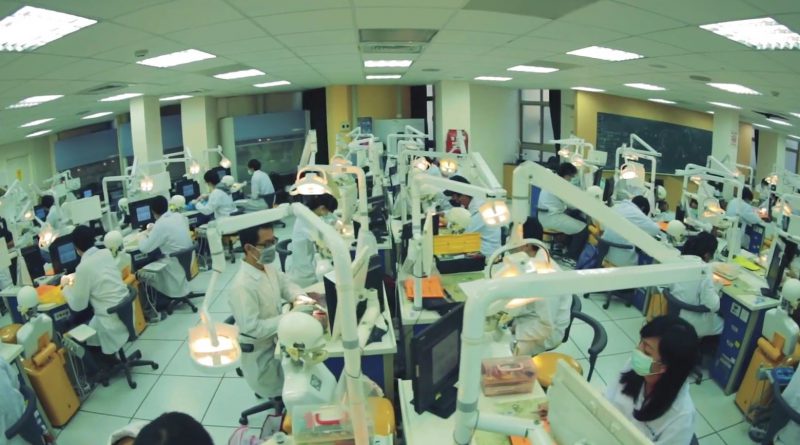Taiwanese Hospital has launched a blockchain platform for record keeping
Taipei Medical University Hospital has launched the Healthcare Blockchain Platform to help advance medical record-keeping in an effort to consolidate the government’s Hierarchical Medical system policy. The platform is targeted at helping to improve patient referral services and will integrate individual healthcare networks in a way that makes it easy for individuals to access their medical records.
The project involves more than 100 community-based clinics and targets at using blockchain to address the 'common pain points' in healthcare. These challenges include the transfer of data between medical institutions, personal patient portals and physician referral process according to the hospital. With it, hospitals and clinics are able to use smart contracts to request and authorize patient record sharing easily and securely. For instance, it will facilitate synchronizing of electronic medical records with electronic health records from different clinics and hospitals.
There are many other healthcare establishments around the world that are using ledger technology to manage medical data. Earlier in August, South Korean biotech enterprise Macron and local tech firm Bigster developed a big data ecosystem that would allow for storage and secure transfer of sensitive genomic and personal information on the blockchain.
Camelot Consulting Group also has a blockchain that is meant for the management of sensitive medical data. Camelot developed Hypertrust X-Chain that will allow data management and exchange among several actors for the therapy process by means of decentralized data storage. The various actors include treating clinic, the cell collection center, logistics service providers and pharmaceutical companies.
These are involved in the processes such as in extracorporeal cell therapies. This process involves the removal of cells from the patient and then deep-frozen for transport to the pharmaceutical manufacturer for processing in a multi-stage process before being refrozen and sent back for re-implanting in the patient on-site.
The blockchain will allow for flexible integration of partner systems, real-time temperature, location, and quality controls and to secure guarantees of origin.
Another platform, Timicoin uses smart contracts to provide an alternative solution to existing centralized HIE systems and deliver viable patient records in real-time within an optimized environment that is also secure.
The platform facilitates storing, securing and sharing of personal medical information. Healthcare institutions and medical facilities can also pay to access data shared willingly. The ecosystem applies Hyperledger for data sharing and the DashPay public ledger to complete payments while Timicoin utility token is used on the platform to process different services requests for providers, patients, and consumer organizations.
Users transact tokens on the platform in order to enable data permissions, validate smart contracts and access valuable data through the application. The platform features a mobile application that allows users to access health records remotely. It will also feature a chat for direct, private communication between healthcare professionals and patients.


